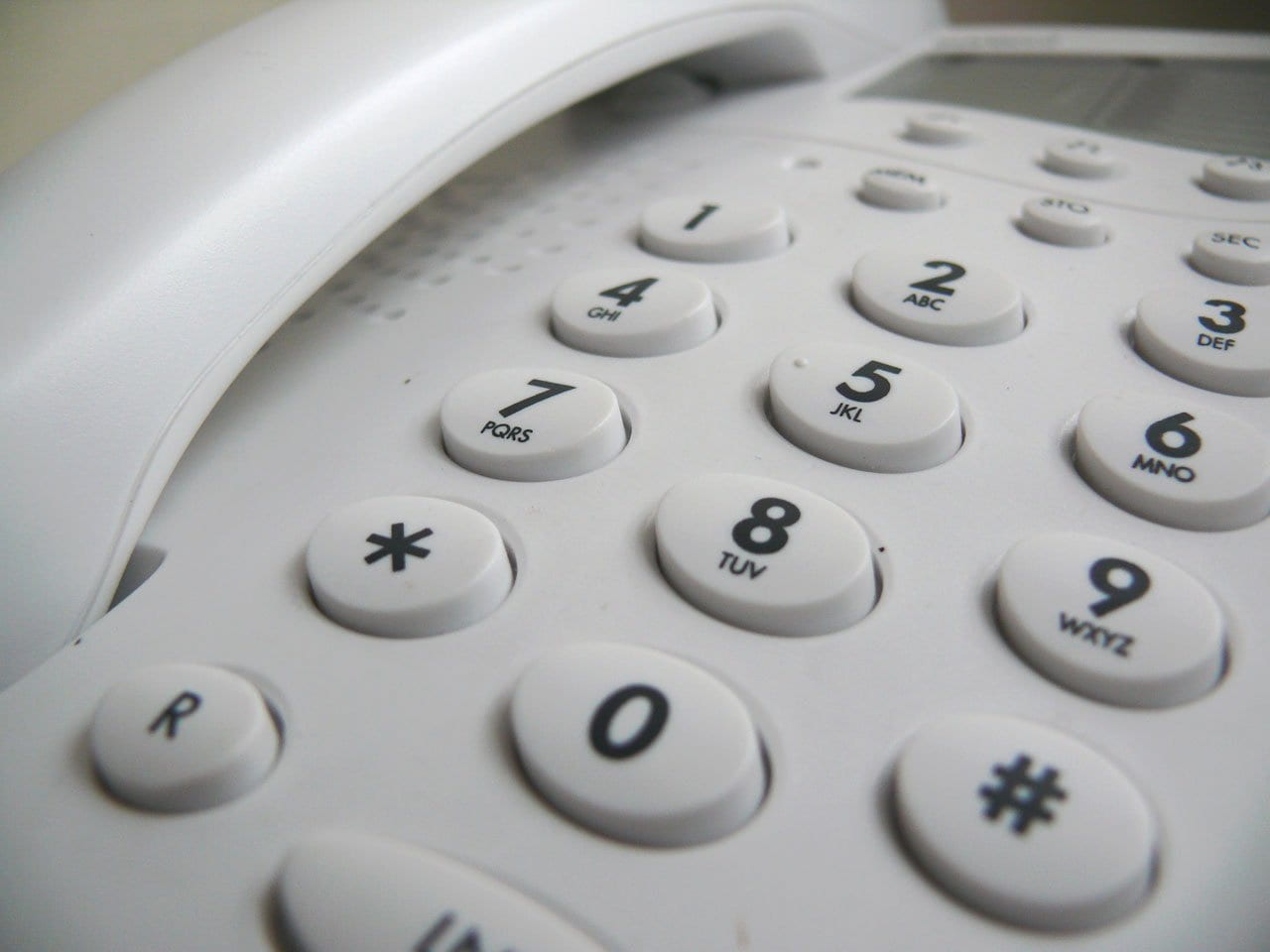Shadow industrial strategy minister Chi Onwurah claims much more needs to be done to ensure the internet of things is safe
Citizens should steer clear of internet of things devices such as fridges and toys unless more can be done to secure them, the shadow industrial strategy minister Chi Onwurah has warned.
Speaking to delegates at the Cyber Security Summit hosted in London this week by PublicTechnology parent company Dods, Onwurah (pictured above) said that cybercriminals’ ability to hack into IoT devices puts consumers in danger.
“Intimate personal devices – from pacemakers to children’s toys – can be hacked and controlled remotely. My personal recommendation is: if a device is called ‘smart’ – do not buy it,” she said. “Smart meters and smart fridges are leaving our citizens open to being hacked. When I raised this in parliament, [I was] accused of scaremongering.
“But I do not think it is possible to overestimate the potential for cybercrime in this country.”
Despite the risks, Onwurah – an engineer who, prior to entering parliament, held senior roles at Ofcom and a number of major telecoms firms – described herself as “an internet of things believer”.
“I have studied it, lived it – and I effectively built part of it,” she said. “I was also the first MP to mention it in parliament. I believe it could change our lives more profoundly than anything since electricity.”
Related content
- Labour’s Chi Onwurah urges government not to lose sight of data ethics in post-Brexit turmoil
- Does the UK need an IoT regulator?
- NCSC picks IoT, cloud, and cryptojacking among UK plc’s biggest future threats
But the government’s failure to deliver a joined-up cybersecurity strategy is leaving the UK public more susceptible to online crime, Onwurah said, as various agencies – including BEIS and the Cabinet Office – hold different parts of the cybersecurity remit.
In illustrating the lack of an effective response to the cyberthreats facing the UK, she pointed to a question she posed in parliament, the response to which revealed that there had been just 3,682 completions of the Cyber Essentials training scheme developed by the National Cyber Security Centre, according to Onwurah.
“Online fraud is already the most common crime in the country, with over one in ten people falling victim,” she said. “But responsibility for cybersecurity is spread across several different government departments.”
The shadow minister added: “I would argue there is a lack of leadership and, I would argue, a lack of concern.”
Data risks
The government also needs to do more to ensure that citizens’ data is handled securely – both in terms of how it is stored and processed, and the purposes for which it is used, Onwurah believes.
“One of the times that my blood ran cold was when somebody senior in the police force mentioned that he reckoned that he could end all crime in the UK if he had real-time access to all government data,” she said. “I think there are different trade-offs around the level of access [versus] the level of security and privacy of citizen data, and government data.”
Responsibility for cybersecurity is spread across several different government departments. I would argue there is a lack of leadership and a lack of concern.
Onwurah added: “In terms of the architecture in which data is stored and shared [by government], it tends to be centralised – which is more of a target for cybercrime, versus a more distributed approach.”
But, ultimately, the MP for Newcastle upon Tyne Central still considers herself “a tech evangelist”.
“I went into tech for exactly the same reason I went into politics – to make the world work better for everyone, and I believe that technology can do that,” she said. “With the proper level of public scrutiny, we can ensure that we can embrace technology – and ensure that it makes the job of government easier.”



